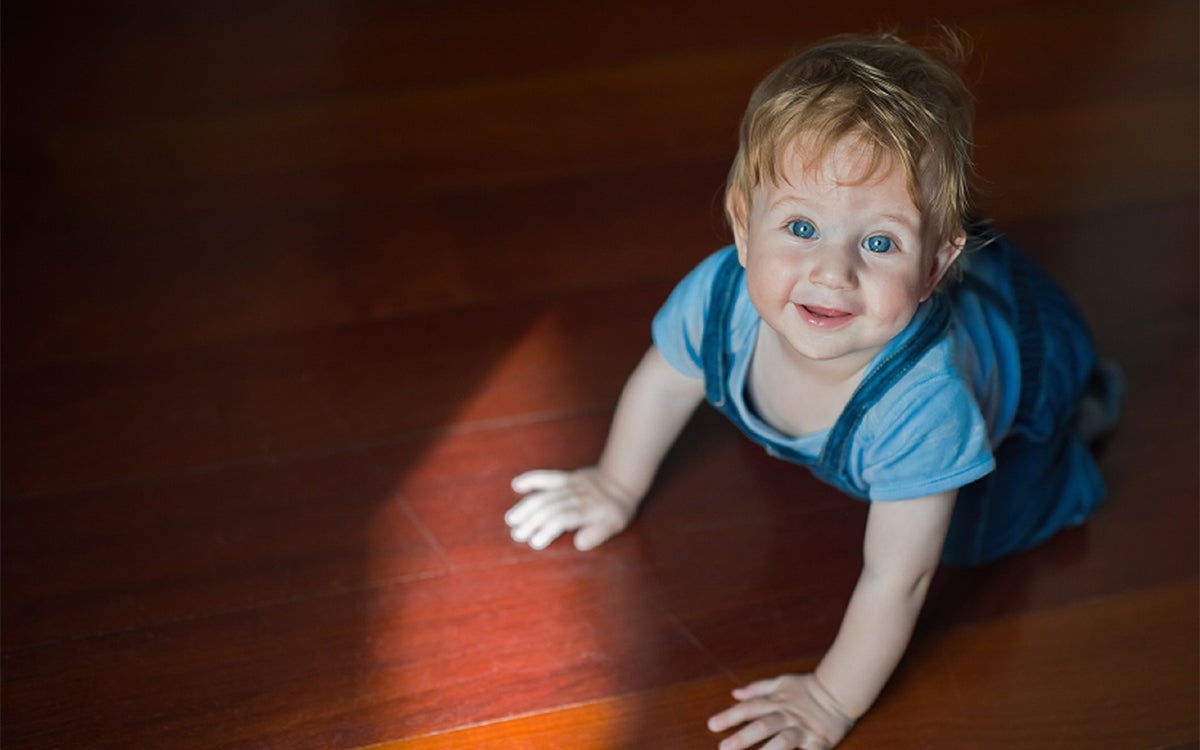TEACHER project kicks off!

Operating children with a congenital esophageal closure and a flaccid trachea is a complicated procedure. Not every hospital has the necessary experience for this. Every year, UMC Utrecht operates on several children for whom the first operation in the country of origin was unsuccessful. That is why the pediatric surgery department is working on an international training programme. UMC Utrecht recently received the European Erasmus+ grant for this.
A congenital esophageal obstruction is a rare condition. It occurs in the Netherlands 40 to 50 times a year. Children with this condition have only a partial esophagus and no connection between the mouth and stomach. In addition, there is often a connection between the partial esophagus and the weaker trachea. This means that the child cannot eat without surgery and that the windpipe can close. Paediatric surgeon Maud Lindeboom: “Via keyhole surgery in the chest, we can reconnect the closed esophagus of the newborn and close the connection to the airpipe. We then attach the trachea to the vertebrae, so that it remains open. This allows the baby to eat and breathe normally.”
Because such an operation requires a lot of experience and it is a rare condition, this care is centralized in three centers of expertise in the Netherlands. “UMC Utrecht is one of these. We operate fifteen to twenty children a year. In many other countries this care is not centralized and a pediatric surgeon only has to deal with such a patient once or twice a year. In that case, the knowledge and experience is often lacking to be able to carry out the necessary operation in a proper way,” says Maud.
Right first time
Maud continues: “Unfortunately, we receive three to five patients from around the world at UMC Utrecht every year, who have not been treated properly in their country of origin. With us they have to undergo a second operation to repair the damage. These are often very large operations with a high risk of complications. Fortunately, in most cases we can still ensure that a child can lead a fairly normal life. Recently we took in an eight-month-old child from Israel. After the operation, he was able to swallow for the first time in his life and learned to eat and drink naturally. His flaccid trachea also no longer closed, so that he could finally breathe without any problems."
In order to ensure that children in their own country can be properly helped in one go and to increase the quality of care, UMC Utrecht set up the TEACHER project: a project for European paediatric surgeons and eventually for paediatric surgeons worldwide.
TEACHER: A multidisciplinary training program
Maud, who will be project coordinator of TEACHER: “The programme will be a combination of online training with various modules for specific areas of knowledge in congenital oesophageal closures, and live monitoring during operations. The focus is not only on learning technical surgical skills, but is multidisciplinary. The entire trajectory from before, during and after surgery and the activities of the various pediatric specialties involved - from anesthetist, ENT specialist, lung specialist and neonatologist to physiotherapist and dietician - are discussed. In this way we really improve the quality of care in this area.”
The paediatric surgeon training programme focuses on congenital esophageal occlusions, providing a blueprint for training programmes for other rare congenital surgical conditions.
A European collaboration
The TEACHER project will be a collaboration between UMC Utrecht and University College London in England, the Karolinska Institutet in Sweden, the Bambino Gesù Children's Hospital in Italy, Elevate Health, and Incision Academy.
Thanks to the Erasmus+ programme, the TEACHER project has received 450.000 euros to implement its training programme.
